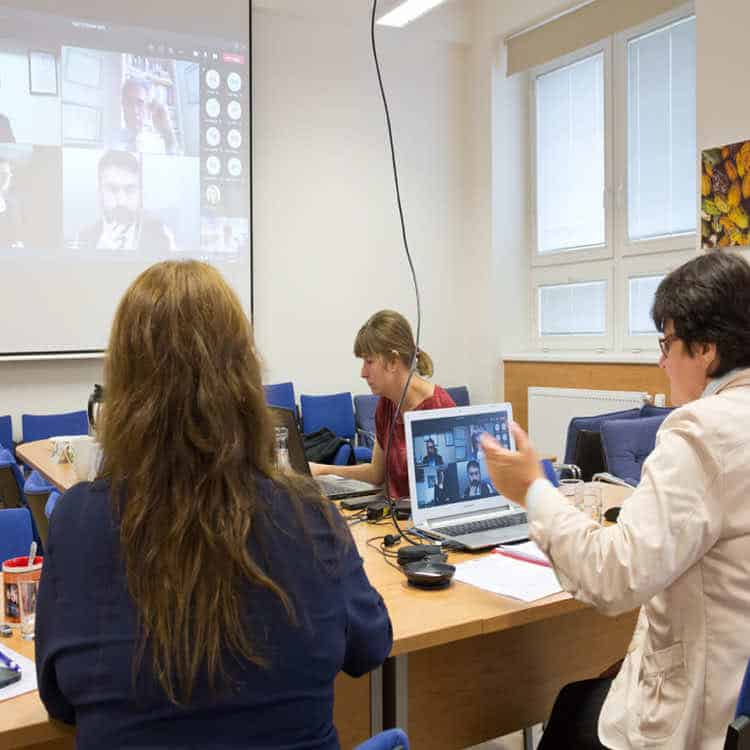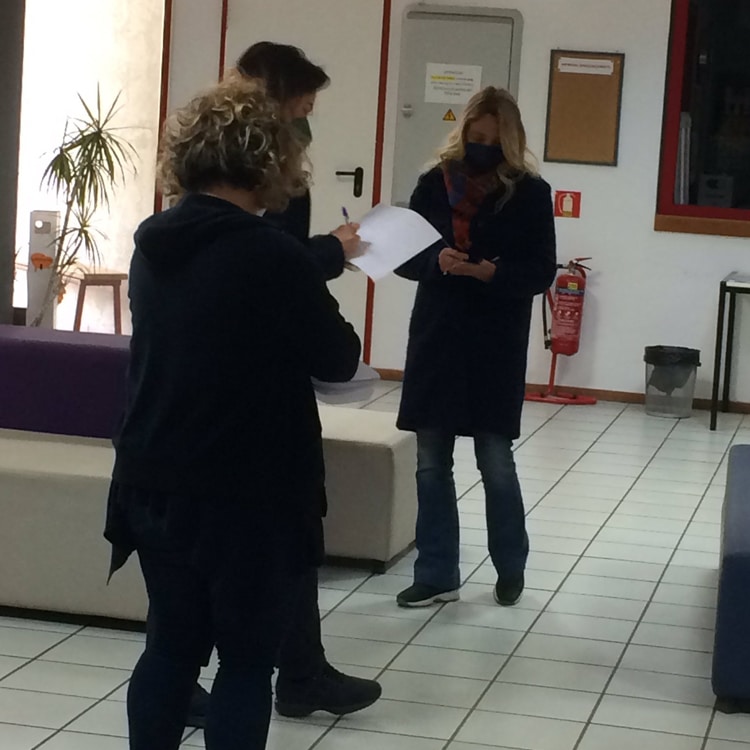All Language & Linguistics
Did you know…The Khmer language spoken in Cambodia has 74 letters, the largest of any phonetic alphabet.Written English has only 5 vowels but the spoken language uses 20 distinct vowel sounds.90% of the world’s roughly 7,000 different languages are spoken by less than 100,000 people. 30% of all languages are expected to disappear within the next two or three decades, while some experts predict that only about 700 will remain in a century’s time.Trivia like these barely scratch the surface of how interesting linguistics can be. Linguists don’t spend all their time gathering cute factoids, though: their mission is the scientific study of language and its structure.Leaving aside the technical terms, some topics that interest linguists are how languages change over time, how speech and text are processed by the brain, how children and adults learn new languages, and how different languages’ syntaxes alter meaning.It is theoretically possible to study linguistics without also learning one or more languages. It wouldn’t be very practical, though, while being bilingual is certainly an advantage in the job market. Many students, therefore, study linguistics and a foreign language in parallel, preferably abroad where they can immerse themselves in the culture.






















